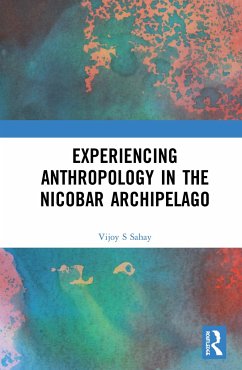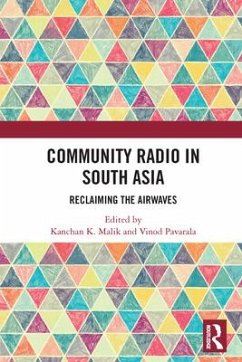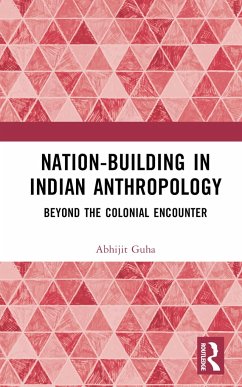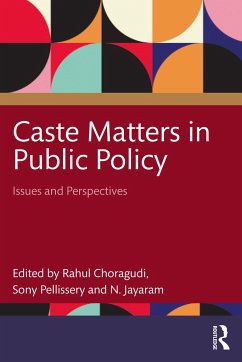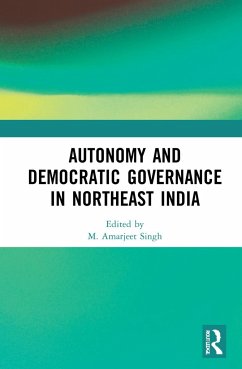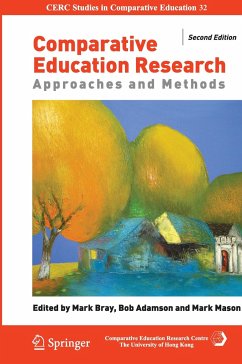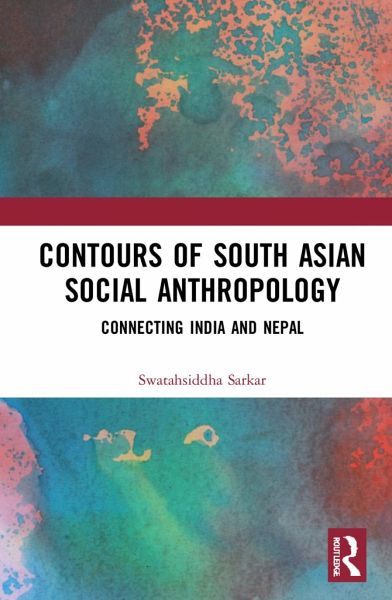
Contours of South Asian Social Anthropology
Connecting India and Nepal
Versandkostenfrei!
Versandfertig in 6-10 Tagen
137,99 €
inkl. MwSt.
Weitere Ausgaben:

PAYBACK Punkte
69 °P sammeln!
This book presents a conceptual and methodological framework to understand South Asia by engaging with the practices of sociology and social anthropology in India and Nepal. It provides a new imagination of South Asia by connecting historical, political, religious and cultural divides of the region. Drawing from the experiences of Indian and Nepali social anthropology, the book discusses the presence of Nepal studies in Indian social anthropology and vice versa. It highlights Nepal or South Asia as a subject for social anthropological research and stresses on pluriversal knowledge production t...
This book presents a conceptual and methodological framework to understand South Asia by engaging with the practices of sociology and social anthropology in India and Nepal. It provides a new imagination of South Asia by connecting historical, political, religious and cultural divides of the region. Drawing from the experiences of Indian and Nepali social anthropology, the book discusses the presence of Nepal studies in Indian social anthropology and vice versa. It highlights Nepal or South Asia as a subject for social anthropological research and stresses on pluriversal knowledge production through regional scholarship, dialogic social anthropology, South Asian episteme, post-Western social anthropology and the decolonisation of disciplines. In exploring the themes and problems of doing social anthropology in Nepal by Indian scholars, the book assesses the scope of developing the South Asian social anthropological worldview. It explains why social anthropological and sociological inquiry in India has failed to surpass its focus beyond the territorial limits of the nation state. The book examines the issues of methodological nationalism and social anthropological research tradition in South Asia. By using the Saidian framework of travelling theory and Bhambra's idea of connected sociologies, it shows how social anthropology can develop disciplinary crossroads within South Asia.
This book will be of interest to students, teachers and researchers of South Asian studies, anthropology, sociology, social anthropology, South Asian sociology, cultural anthropology, social psychology, area studies, cultural studies, Nepal studies and Global South studies.
This book will be of interest to students, teachers and researchers of South Asian studies, anthropology, sociology, social anthropology, South Asian sociology, cultural anthropology, social psychology, area studies, cultural studies, Nepal studies and Global South studies.




